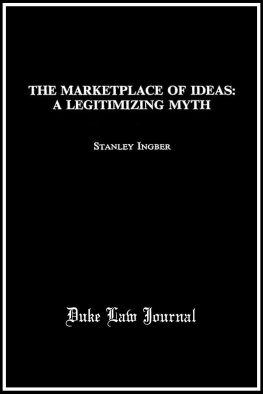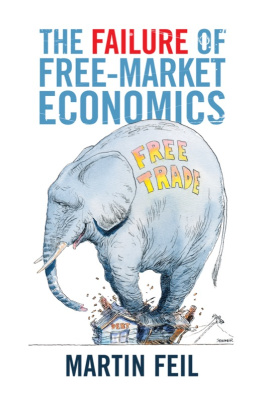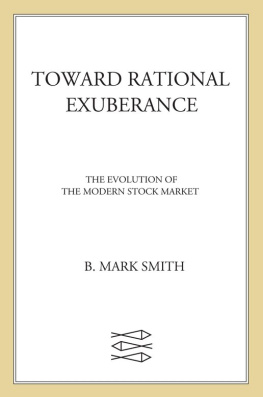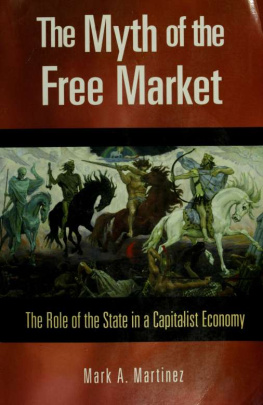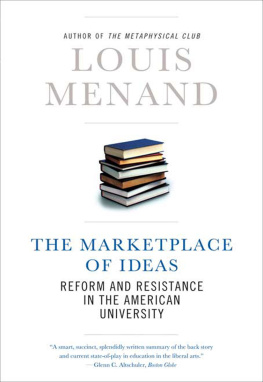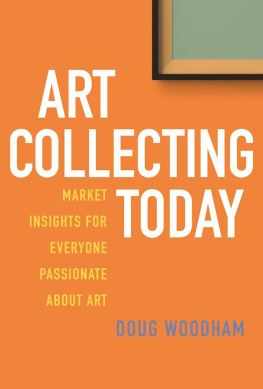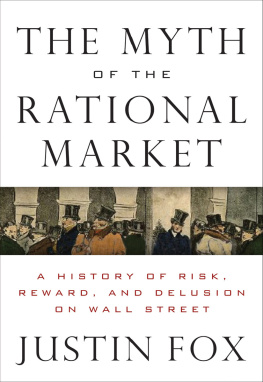The Marketplace of Ideas
A Legitimizing Myth
Stanley Ingber
Professor of Law
University of Florida, Holland Law Center.
B.A., 1969, BrooklynCollege;
J.D., 1972, Yale University.
Duke Law Journal
February, 1984
Abstract
Theorists have often heralded the first amendment as creating a neutral marketplace of ideas. Proponents of this model view the market as essential to our society's efforts to discover truth and foster effective popular participation in government. Professor Ingber asserts that the theoretical underpinnings of this model are based on assumptions of rational decision making that are implausible in modern society. He insists that, in reality, the market is severely skewed in favor of an entrenched power structure and ideology. Professor Ingber explores efforts to reform and correct this market defect and finds them equally flawed. He concludes that the marketplace may fulfill its alleged functions only if we explore a theory of freedom of conduct; the market as it exists today simply fine-tunes differences among elites, while diffusing pressure for change by preserving a myth of personal autonomy needed to legitimate a governing system strongly biased toward the status quo..
Introduction
Scholars
The marketplace doctrine, however, once rooted in American jurisprudence, grew a new shoot that benefitted its new environment. In addition to its usefulness in the search for truth and knowledge, the marketplace came to be perceived by courts and scholars as essential to effective popular participation in government.
This focus on a marketplace seeking truth and promoting an informed citizenry has had a curious impact on judicial and scholarly attitudes toward the first amendment. Courts usually articulate constitutional rights as "individual rights" that are justified because of the protection they afford to the person exercising the right. But courts that invoke the marketplace model of the first amendment justify free expression because of the aggregate benefits to society, and not because an individual speaker receives a particular benefit." Once free expression is viewed solely as an instrumental value, however, it is easier to allow government regulation of speech if society as a whole "benefits" from a regulated system of expression.
Scholarly critics of the marketplace model argue that the model itself suggests a vital need for government regulation of the market. The imagery of the marketplace of ideas is rooted in laissez-faire economics.
This article explores these and other aspects of the marketplace theory of the first amendment, exposes the theory's fallacies, and explains its persistence. Part I develops classic marketplace theory and attempts to expose its basic assumptions. it argues that the present marketplace simply fine-tunes differences among elites while defusing pressure for change and fostering a myth of personal autonomy essential to the continued popular acceptance of a governing system biased toward the status quo.
I. CLASSIC MARKETPLACE THEORY
A. A Search for Truth.
Classic marketplace theory assumes that truth is discovered through competition with falsehood and stresses that any authoritatively imposed truth is plagued with the danger of error.
Justice Holmes also appreciated the danger of assuming infallibility. He wrote in his Abrams dissent:.
Persecution for the expression of opinions seems to me perfectly logical. If you have no doubt of your premises or your power and want a certain result with all your heart you naturally express your wishes in law and sweep away all opposition. To allow opposition by speech seems to indicate that you think the speech impotent, as when a man says that he has squared the circle, or that you do not care wholeheartedly for the result, or that you doubt either your power or your premises. But when men have realized that time has upset many fighting faiths, they may come to believe even more than they believe the very foundations of their own conduct that the ultimate good desired is better reached by free trade in ideasthat the best test of truth is the power of the thought to get itself accepted in the competition of the market, and that truth is the only ground upon which their wishes safely can be carried out.
Although Holmes wrote these words in dissent, the Supreme Court later embraced the essence of his position when it stated that "[u]nder the First Amendment there is no such thing as a false idea."
The market model avoids this danger of officially sanctioned truth;
B. Self-Government and Democracy.
Classic marketplace theory recognizes the search for truth as the primary goal of free speech. In the United States, however, constitutional theorists also view free speech as a corollary to democratic theory. For example, Professor Alexander Meiklejohn perceives freedom of speech as an outgrowth of the American consensus that public issues shall be decided by universal suffrage. Meiklejoln argues that.
[p]ublic discussion of public issues, together with the spreading of information and opinion bearing on those issues, must have a freedom unabridged by our agents. Though they govern us, we, in a deeper sense, govern them. Over our governing, they have no power. Over their governing we have sovereign power.
In the words of the Supreme Court, "speech concerning public affairs is more than self-expression; it is the essence of self-government."
The literature on the relationship between free speech and self-government reveals two perspectives. The first, the social value perspective, emphasizes the social value of an informed citizenry.
If,as Professor Meiklejohn and others suggest, democratic governance depends on the wisdom of the voters, all evidence bearing on public decisions must be available to the community without any intervening "pre-selection" by the state on the basis of truth or falsity.
The social value perspective, however, developed in a culture where the mechanisms of the pamphleteer and the town meeting epitomized free expression. Consequently, all who wished to speak had access to a marketplace where their beliefs could be publicly disseminated. Right conclusions were "to be gathered out of a multitude of tongues, [rather] than through any kind of authoritative selection."
The second perspective in the literature on the relationship between free speech and self-government stresses the importance of a decision-making process open to the entire citizenry.
Proponents of the individual perspective reject the elitist's argument that only experts are fit to decide specific areas of social policy,
Dean Harry Wellington developed this relationship between personal autonomy and governmental legitimacy more fully, asserting that "in a secular, democratic society there is no legitimate way in which the mature, legally competent individual can be required to surrender to others responsibility for his moral views."
C. The Impact of Diffiering Marketplace Perspectives.
Constitutional theorists who believe that the only function of free speech is to further self-government can justify restrictions on free speech in a democracy; theorists who believe that free speech furthers a quest for truth cannot justify such restrictions.
Some Supreme Court decisions, the Court recognized:.
It is no doubt true that a central purpose of the First Amendment "'was to protect the free discussion of governmental affairs.'" ... But our cases have never suggested that expression about philosophical, social, artistic, economic, literary, or ethical mattersto take a nonexhaustive list of labelsis not entitled to full First Amendment protection.

